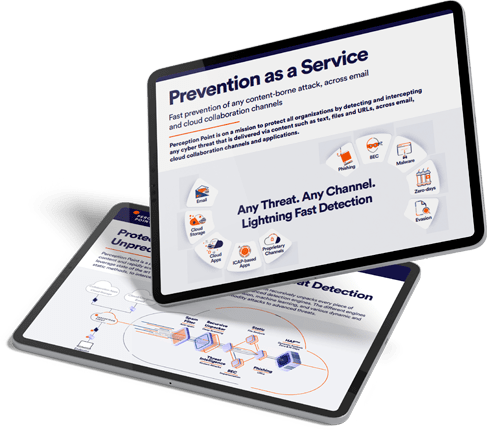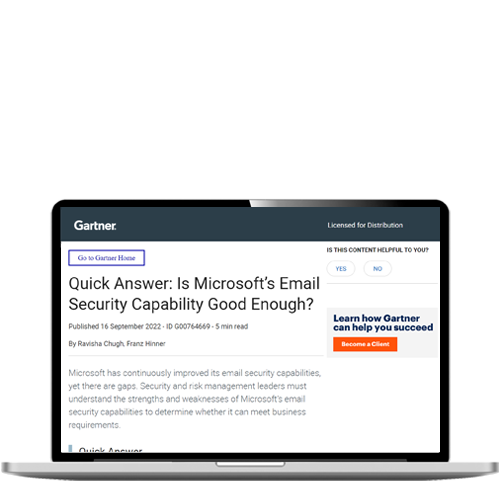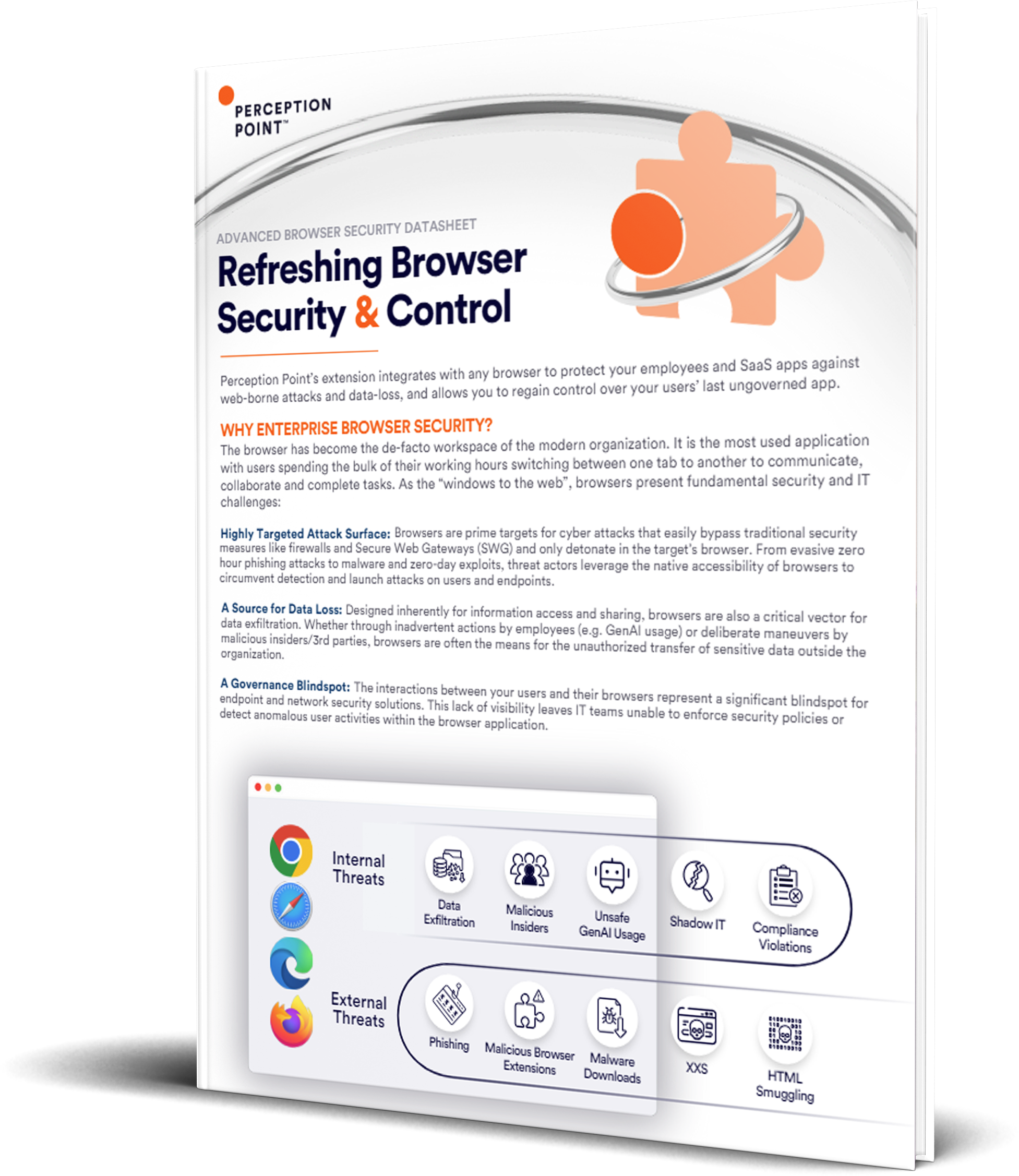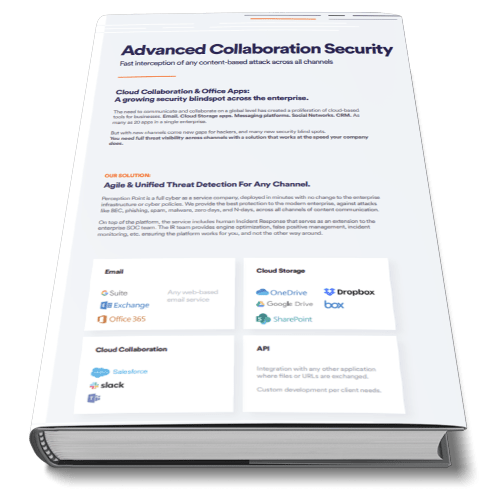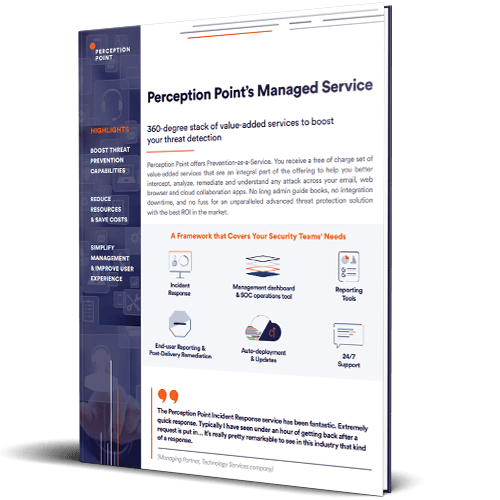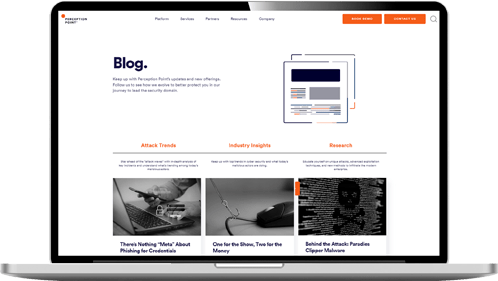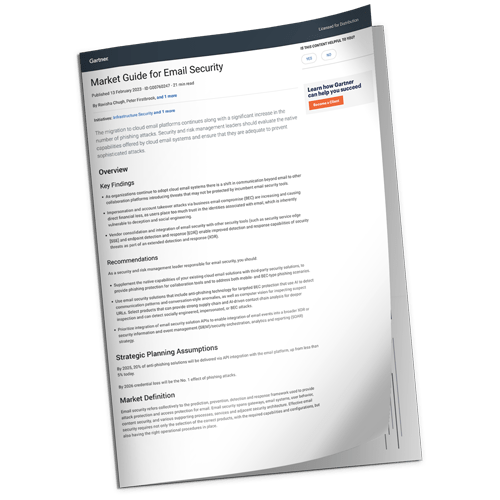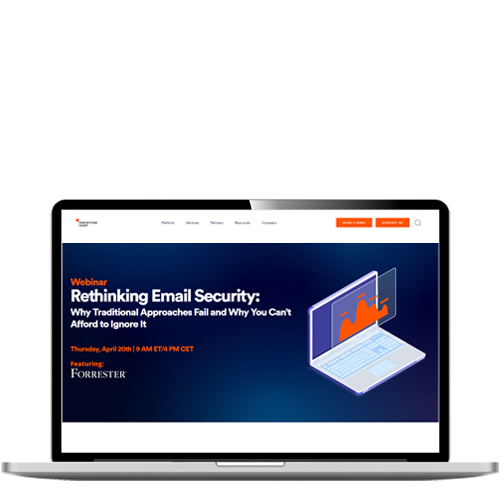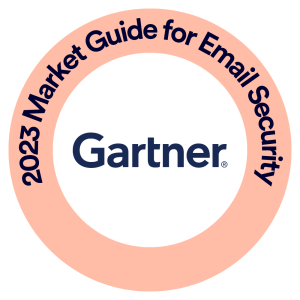What Is an Enterprise Browser?
An enterprise browser is a web browser or extension designed specifically for use in corporate environments, as opposed to general consumer use. Enterprise browsers are tailored to meet the needs of users within organizations such as enhanced security, greater control over user settings, and the ability to integrate with other enterprise tools and systems.
Given the critical nature of business data and the high risk of cyber threats in corporate environments, enterprise browsers are equipped with robust security features. These include advanced encryption methods, integrated threat detection systems, and the ability to comply with various regulatory standards.
Another key aspect is configurability and control. Enterprise browsers allow IT administrators to manage browser settings across the organization, including configuring security settings, controlling updates, managing extensions, and enforcing compliance with company policies. Such centralized management ensures consistency, reduces risks of security breaches, and improves overall efficiency.
Enterprise browsers often include features to enhance productivity and user experience. This may involve integration with enterprise resource planning (ERP) systems, customer relationship management (CRM) software, and other business tools. Enterprise browsers are also designed to handle heavy workloads, manage vast amounts of data, and ensure security and privacy for business transactions.
This is part of a series of articles about browser security
In this article
How Does an Enterprise Browser Work?
According to Gartner, enterprise managed browsers typically deploy as either a:
– Dedicated browser: A stand-alone application with integrated security and centralized policy management
– Browser extension: Centrally managed agent executed by browser application to deliver additional security services
An enterprise browser serves as a specialized tool for employees to access the internet, including public websites, SaaS applications, and internal company resources. The unique aspect of an enterprise browser is its ability to enforce specific IT policies during browsing sessions. These policies are established by the organization’s IT team to maintain security and minimize risks.
For example, an IT policy might permit employees to view data on a Customer Relationship Management (CRM) system but restrict them from copying or downloading that data. This approach adheres to the principle of least privilege, which is fundamental in minimizing the organization’s exposure to security threats.
Another aspect of enterprise browsers is that security teams can oversee the browsing activities of employees. This oversight extends to viewing actions taken on devices and understanding details about the systems and operating systems in use. Such monitoring may not be possible when employees use standard commercial browsers.
Another key capability of enterprise browsers is their capability of detecting and blocking malware and other cyber threats. It also plays a role in preventing unauthorized file sharing and blocking access to malicious domains and websites, which could potentially lead to malware injection or phishing attacks.

Tal ZamirCTO, Perception Point
Tal Zamir is a 20-year software industry leader with a track record of solving urgent business challenges by reimagining how technology works.
TIPS FROM THE EXPERTS
- Use a browser security extension. Employ a browser security extension, especially for users or tasks that involve accessing potentially risky web content. A good extension uses machine learning models that can adapt to emerging threats in real-time. This allows for dynamic threat detection that evolves with new patterns, reducing the window of vulnerability.
- Deploy behavioral analytics for insider threat detection. Use the enterprise browser to monitor and analyze user behavior patterns. This can help in identifying anomalies or potential insider threats, such as unusual data access times or large data transfers, and allow for proactive response.
- Implement data loss prevention (DLP) at the browser level. Enforce DLP policies directly through the enterprise browser, which can inspect and control data movements such as uploads, downloads, and clipboard operations. This helps in preventing data breaches by limiting unauthorized data transfers.
- Regularly audit and update browser security policies. Conduct periodic reviews of your browser security policies to ensure they are up-to-date with the latest threats and regulatory requirements. Include automated policy updates to minimize the risks associated with outdated security settings.
What Are the Features of Enterprise Browsers?
Let’s look at the key features of an enterprise browser.
Improved Security
To counter cyber attacks and data breaches, enterprise browsers are equipped with advanced security measures. These include encryption protocols, secure socket layers (SSL), and other security features that protect sensitive data.
In addition to these, enterprise browsers have features that help prevent malware and phishing attacks. These include automatic updates, sandboxing, and other protective measures. Enterprise browsers also offer features that protect user privacy, including private browsing modes and cookie management.
Centralized Control
An enterprise browser allows businesses to manage their online operations from a central control point. This means that businesses can control the settings, permissions, and functionalities of their browsers from a single interface.
Centralized control is crucial for businesses because it allows them to streamline their operations. It eliminates the need for individual adjustments and configurations. It also allows businesses to enforce policies and standards across their operations.
Centralized control also enhances security. By centrally controlling the settings and permissions of their browsers, businesses can ensure that their online operations are secure and protected. This feature is especially useful for businesses that have multiple users or departments.
Increased Customization
Businesses can tailor their instance of an enterprise browser to their specific needs, such as adding, removing, or modifying features and functionalities according to their requirements. Increased customization can be beneficial for businesses because it allows them to optimize their browsers for their operations.
For instance, a business can add features that enhance productivity, remove features that are unnecessary, or modify features to suit their workflows.
Supporting Compliance
Enterprise browsers play a crucial role in helping organizations comply with various regulations and standards. They are designed to align with compliance frameworks like GDPR, HIPAA, and others, ensuring that sensitive data is handled correctly and legally.
Features like data encryption, secure browsing, and access control are important for maintaining compliance. Furthermore, enterprise browsers can be configured to automatically record and report data usage and access, aiding in audits and regulatory reporting.
Challenges When Using Enterprise Browsers
Let’s look at some of the challenges associated with using an enterprise browser.
Vendor Lock-In
Vendor lock-in occurs when a business becomes dependent on a single vendor for products and services, making it difficult to switch without substantial costs and potential disruption to operations.
In the context of enterprise browsers, vendor lock-in can happen when a business heavily invests in a specific browser and its associated technologies. This can result in a lack of flexibility, as the business is tied to the vendor’s product roadmap and future updates. Additionally, it can also lead to increased costs, as the business may have limited options for switching to more cost-effective solutions. This tends to be more of a challenge with stand-alone enterprise browsers as opposed to browser security extensions
Longer Deployment and Onboarding Processes
Setting up a dedicated, stand-alone enterprise browser across an organization’s network can be a complex task, requiring significant IT resources and time.
Once the enterprise browser has been deployed, there is often a steep learning curve for employees who need to familiarize themselves with the new browser and its features. This can result in decreased productivity in the short term, as employees spend time learning how to navigate the new tool instead of focusing on their core tasks. This challenge is significantly less when deploying an enterprise browser extension.
Web Compatibility Issues
Compatibility issues may arise when a website or web application does not function correctly or at all, which is more likely to happen on the type of enterprise browser that is installed on the users’ endpoints. This can be very problematic for businesses that rely heavily on web-based applications for their day-to-day operations.
These compatibility issues can also lead to a poor user experience, potentially impacting employee satisfaction and productivity.
Related content: Read our guide to web security
Browser Security Extensions: The Preferred Enterprise Browser Solution
Browser security extensions help organizations overcome the challenges associated with enterprise browsers mentioned above.
Browser security extensions do not lock businesses into a specific browser. This means that organizations can freely choose which browser they want to use, providing them with the flexibility they need to adapt to changing business needs.
In terms of deployment and onboarding, browser security extensions are generally easier and quicker to implement. They can be installed directly onto a browser without the need for extensive IT resources. Furthermore, as they work within a familiar browser environment, the learning curve for employees is typically less steep.
Lastly, browser security extensions can help mitigate web compatibility issues. Browser security extensions are designed to work with common web browsers, ensuring that employees can continue to use their browser of choice, improving productivity and satisfaction.
How to Choose a Browser Security Solution
Whether you choose a dedicated stand-alone enterprise browser or browser security extension for your organization, here are some considerations when selecting a solution:
Multiple Use Cases
Select a browser security solution that can handle multiple use cases. This means the solution should be versatile enough to address different security needs, such as protecting against malware, phishing attacks, data breaches, and unauthorized access. It should also be capable of managing a range of online activities, from secure web browsing to accessing cloud services and handling sensitive data.
The ability to cater to various scenarios is crucial, especially in dynamic corporate environments where the nature of online threats and business requirements can rapidly change. A solution that can be customized or scaled according to specific use cases offers more value, as it provides comprehensive protection and can adapt to the organization’s evolving needs.
Support Productivity
A browser security solution should support and enhance productivity. It should do so without imposing significant barriers or inconveniences to the user. Look for solutions that are efficient, do not significantly slow down browsing speeds, and are unobtrusive in daily operations.
The solution should also offer features that help streamline workflows, such as easy access to frequently used tools and websites, safe bookmarking, and integration with productivity tools. Furthermore, consider the impact of the security solution on system performance and ensure it does not consume excessive resources on user devices.
Easy to Use
Ease of use is another critical factor in selecting a browser security solution. The solution should have a user-friendly interface that is easy to navigate and understand. This ease of use is crucial for ensuring that employees can effectively utilize the security features without extensive training. The more intuitive and straightforward the solution is, the more likely it is to be adopted and used effectively by the workforce.
Additionally, consider the ease of installation, configuration, and maintenance of the solution. A solution that is simple to deploy and manage can save valuable IT resources and time. Also, look for solutions that provide clear and concise reporting and alerts, enabling quick response to security incidents.
Enterprise Browser Security with Perception Point
Perception Point’s Advanced Browser Security adds enterprise-grade security to your organization’s native browsers. The managed solution fuses patented web technology with multi-layer advanced threat detection engines which delivers the unprecedented ability to detect and remediate all malicious threats from the web, including phishing, ransomware, malware, APTs, and more.
The behavior of the browser extension is managed in the cloud. This eliminates the need to invest in a large and costly infrastructure, and provides a better local user experience in terms of speed, along with offline availability.
We add advanced security to native browsers to protect your organization against all malicious threats from the web and protect access to sensitive corporate apps.
Contact us for a demo or download the datasheet to learn more about our Advanced Browser Security.
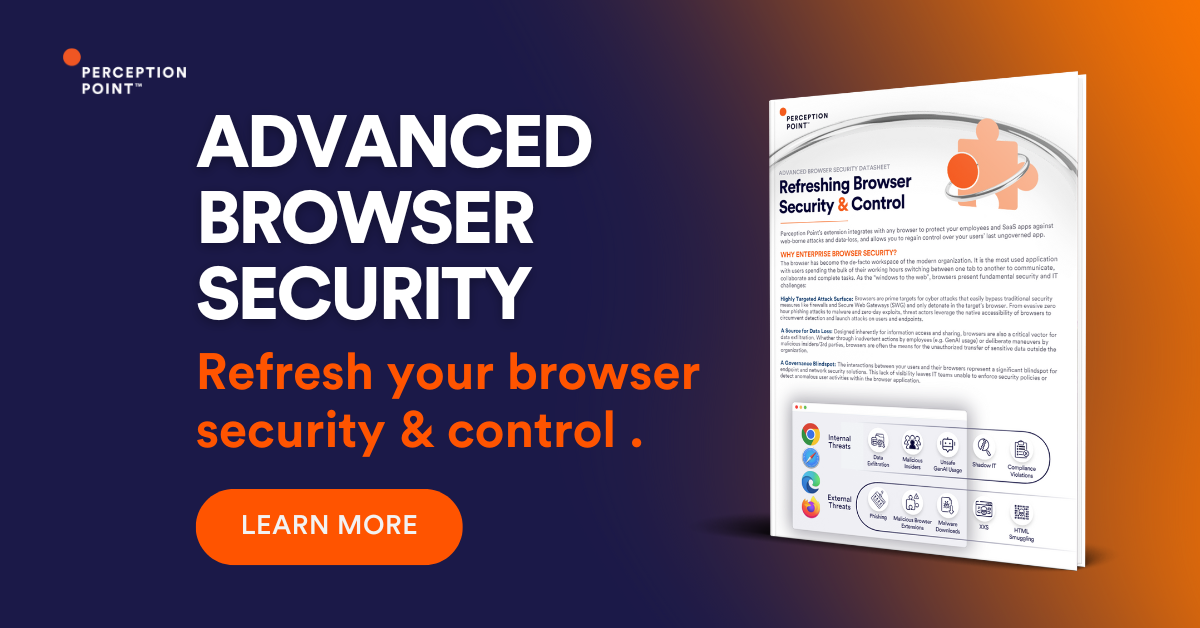
An enterprise browser is a web browser designed specifically for use in corporate environments. Unlike standard browsers, which are made for general consumer use, enterprise browsers are tailored to meet the needs of organizations. These needs include enhanced security, greater control over user settings, and the ability to integrate with other enterprise tools and systems.
Let’s look at the key features of an enterprise browser.
1. Improved Security
2. Centralized Control
3. Increased Customization
4. Supporting Compliance
An enterprise browser serves as a specialized tool for employees to access the internet, including public websites, SaaS applications, and internal company resources. The unique aspect of an enterprise browser is its ability to enforce specific IT policies during browsing sessions. These policies are established by the organization’s IT team to maintain security and minimize risks.
Let’s look at some of the challenges associated with using an enterprise browser.
1. Vendor Lock-In
2. Longer Deployment and Onboarding Processes
3. Web Compatibility Issues
Browser security extensions offer a viable alternative to enterprise browsers. These are small programs that add functionality to a web browser, enhancing its security features. They can help organizations overcome many of the challenges associated with enterprise browsers.
Here are some considerations when selecting a browser security solution:
1. Vendor Neutrality
2. Multiple Use Cases
3. Support User Productivity
4. Easy to Implement, Use and Maintain


